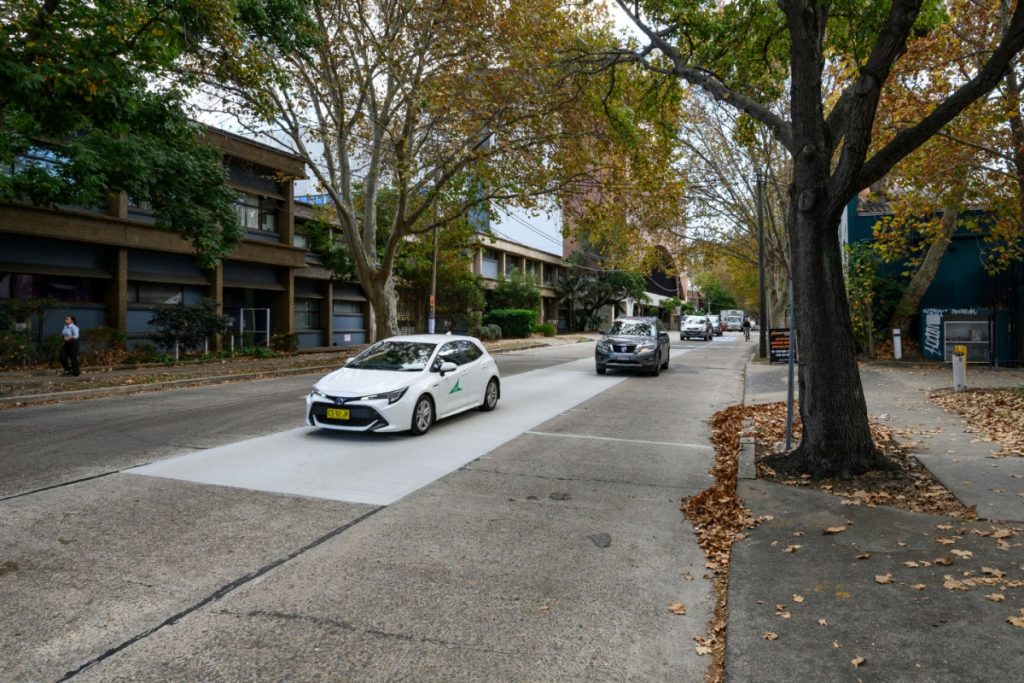Melbourne: Australia’s most populous city Sydney is conducting the world’s first-ever trial to construct roads using industrial waste from coal-fired power stations and steel manufacturing — an initiative that can lower the pollution and greenhouse gases emitted during the production of concrete for laying roads.
Concrete contributes 7 per cent of all greenhouse gas emissions. In 2018, the world produced about 4.1 billion tonnes of cement, which contributed about 3.5 billion tonnes of Carbon dioxide, according to researchers.
Geopolymer — made from fly ash and blast furnace slag — generates just 300 kilograms of CO2 per tonne of cement, compared with the 900 kilograms from the traditional cement production, research said. It also saves the equivalent of the electricity used by an average household every two weeks.
Once the trials are successful, researchers from the University Of New South Wales (UNSW), Sydney, and the Cooperative Research Centre for Low Carbon Living (CRCLCL) will use it to create the first set of industry guidelines for geopolymer concrete.
During the UN’s climate change conference – COP24 – various policy makers and environmentalists reached a consensus that there was a need for the annual emissions from cement to fall by at least 16 per cent by 2030.
Sydney’s Mayor Clover Moore said that projects like geopolymer trial can result in new products that make a real difference in slang carbon emissions.
“I’m proud that the city of Sydney was Australia’s first carbon-neutral local government and that we’re continuing to take significant steps to reduce our carbon footprint,” she said.
Stating that 70 per cent of the concrete produced today were used for pavements and footpaths, Moore said there is a great potential to further lower the emissions from the operations.
“We’re continually working with concrete suppliers to reduce the amount of pollution and greenhouse gases emitted during the production of concrete for our local roads, and we already use sustainable green concrete for all our footway renewal works – which adds up to 25,000m2 per year,” she said.
While research on geopolymer has been undertaken since the ’90s, but its only now that it is being explored as a product that is not only better for the environment, but also commercially viable.
Stephen Foster, head of the School of Civil and Environmental Engineering at UNSW0, said the trial is a ‘huge step forward’.
“This trial will help drive step change in the industry. Many concrete companies are already doing a lot to change, but this trial really gives it another push,” Foster said.
He said that the road performance will be monitored for up to five years.
“A lot of the data collected in the first three to 12 months of this world-first trial will be used to confirm our models and strengthen our predictions,” he said.
PTI
